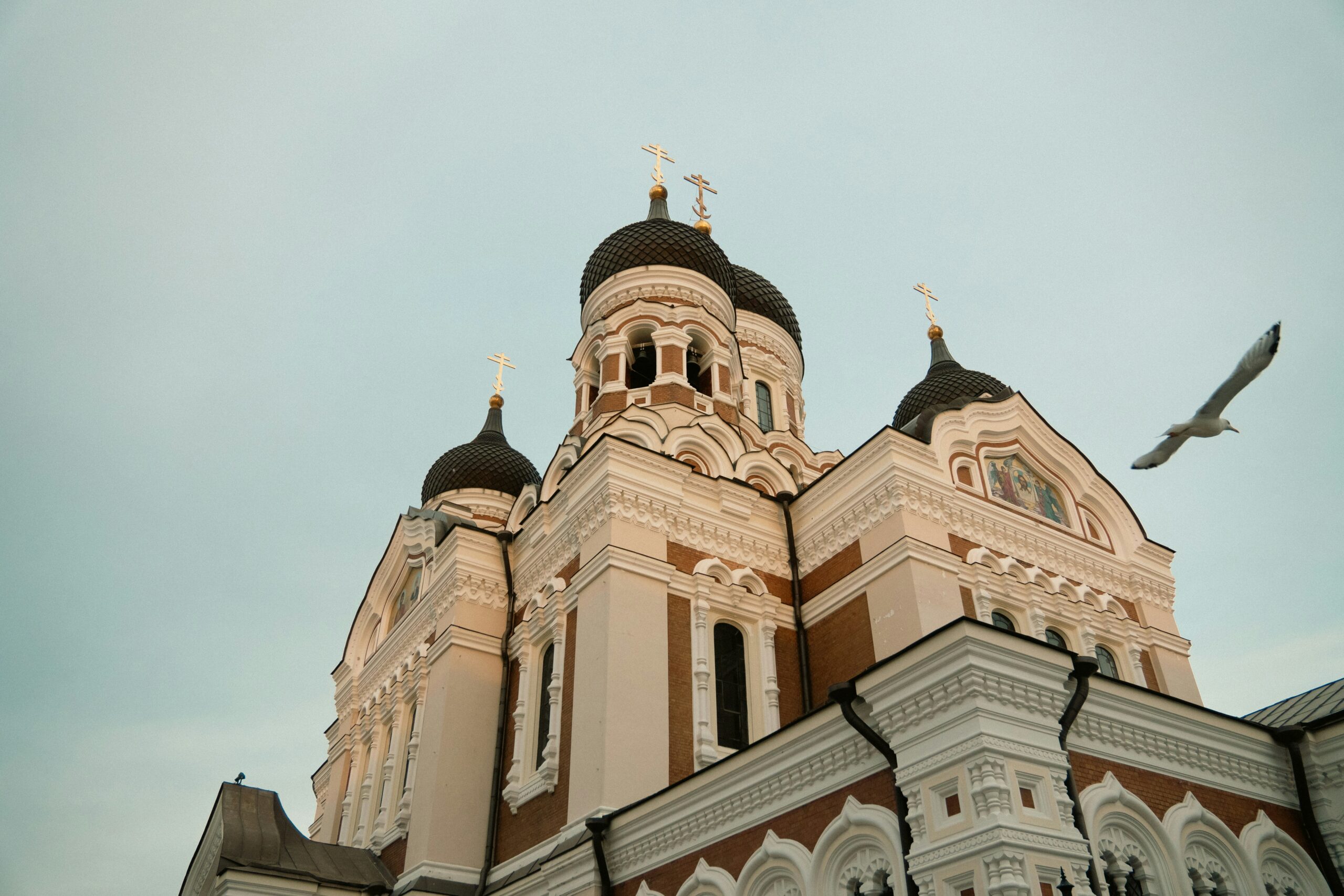
Main narratives:
- Anti-government sentiments;
- Russophobia in Estonia;
- Military spending to provoke Russia.
Overview:
On Thursday, 24 April, there was another twist in the saga of the Estonian Orthodox Christian Church (formerly known as the Russian Orthodox Church of the Moscow Patriarchate). The President of Estonia, Alar Karis, decided not to promulgate the amendments to the Law on Churches and Congregations, which would have banned the activities in the country of religious organisations subordinate to a person or entity posing a threat to Estonia’s security, constitutional order or public safety. It was understood that these amendments would require the Estonian Orthodox Christian Church to completely sever all ties with the Moscow Patriarchate. However, representatives of the Ministry of Interior stated that similar restrictions could be applied to other religious organisations. The President considered that, in its current form, the law contradicted Articles 40, 48, and 11 of the Constitution and disproportionately restricted freedom of association and freedom of religion. The Estonian Orthodox Christian Church has expressed its sincere gratitude to the President of the Republic of Estonia, Alar Karis, for his ‘principled stance’.
However, in pro-Kremlin social media groups, some users expressed the belief that the president’s decision was “just for show, intended to mislead the Russian-speaking audience” and that the government still intends to “ban Orthodoxy in Estonia”. The fact that Interior Minister Igor Taro has already stated that both the government and parliament will not give up efforts to reintroduce the amendments to the Law on Churches and Communities (possibly in a modified form) suggests that the future of the Orthodox Church will continue to be an issue for the spread of disinformation.
Plans to build a new military base in Narva, Estonia, have attracted considerable domestic and international criticism. Situated on the Russian border and home to a predominantly Russian-speaking population, Narva is at the centre of geopolitical tensions. Estonian authorities argue that the base is essential for national security, especially in light of increased Russian military activity near the border. However, many local residents have expressed concern about the potential disruption to their lives and the lack of transparency in the planning process. Internationally, Russia perceives the expansion of NATO-related military facilities in Estonia as a provocative move that could destabilise the region. Pro-Kremlin commentators on social media have been highly critical of the government’s decision, citing potential social disruption, international tensions and sovereignty concerns. They also accused the government of spending taxpayers’ money on an unnecessary military base in Narva as a pointless move to provoke Russia.









